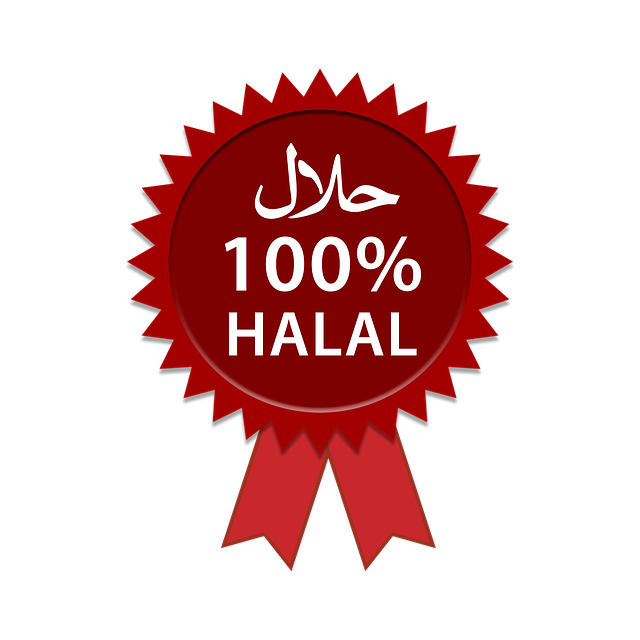
-
The Department of Trade and Industry’s Bureau of Philippine Standards has promulgated the Philippine National Standard (PNS) for halal cosmetics and toiletries
-
PNS 2161:2021 Halal cosmetics and toiletries will enable local manufacturers to reach out to Islamic markets
-
The halal cosmetics market alone was valued at $30.69 billion in 2020 and is projected to reach $144.82 billion
The Department of Trade and Industry’s Bureau of Philippine Standards has promulgated the Philippine National Standard (PNS) for Halal cosmetics and toiletries.
The PNS 2161:2021 Halal cosmetics and toiletries general requirements can help local manufacturers ride on the growing halal market, according to the DTI.
The standards are voluntary in nature. Conformance to PNS or parts of it becomes mandatory only when the same is used as reference in technical regulations issued by regulatory authorities such as DTI.
“Halal,” an Arabic word that means lawful or permitted, generally refers to what is allowed under Islamic law. Only this category of food and other merchandise are allowed in Islamic markets around the world.
The halal cosmetics market alone was valued at $30.69 billion in 2020 and is projected to reach $144.82 billion by 2031, a compound annual growth rate of 15.2% from 2022, according to a report by India-based Allied Market Research.
The product range includes fragrances; personal care products applicable for personal hygiene; color cosmetics such as lipsticks, foundation, lip balms; and skin care products, including rejuvenating creams, moisturizers, and lotions, AMR said.
DTI-BPS director Neil Catajay said the halal cosmetics market extends beyond the Muslim world. “The halal cosmetics and toiletries market is promising as the demand is not only coming from within the Muslim community but extends to consumers who advocate eco-friendly and eco-ethical products,” he said in a statement.
“Our local MSMEs can seize [on] this economic opportunity with the expected growth in this industry. PNS 2161:2021 will …[help] our MSMEs boost the competitiveness of their products, making them appealing to both [the] local and export markets,” Catajay added.
The standard contributes to the attainment of the United Nations Sustainable Development Goals on Good Health and Well-Being (Goal 3); Decent Work and Economic Growth (Goal 8); and Responsible Consumption and Production (Goal 12).
Moreover, the standard supports the research and development project of the Department of Science and Technology’s Industrial Technology Development Institute titled “Establishment of Halal-Compliant Standardized Process and Assurance System for Cosmetics and Toiletries”.
Trade Secretary Ramon Lopez said during the 4th Philippine National Halal Conference in December 2021 that the halal industry could boost Philippine exports with the developments in the global halal economy.




